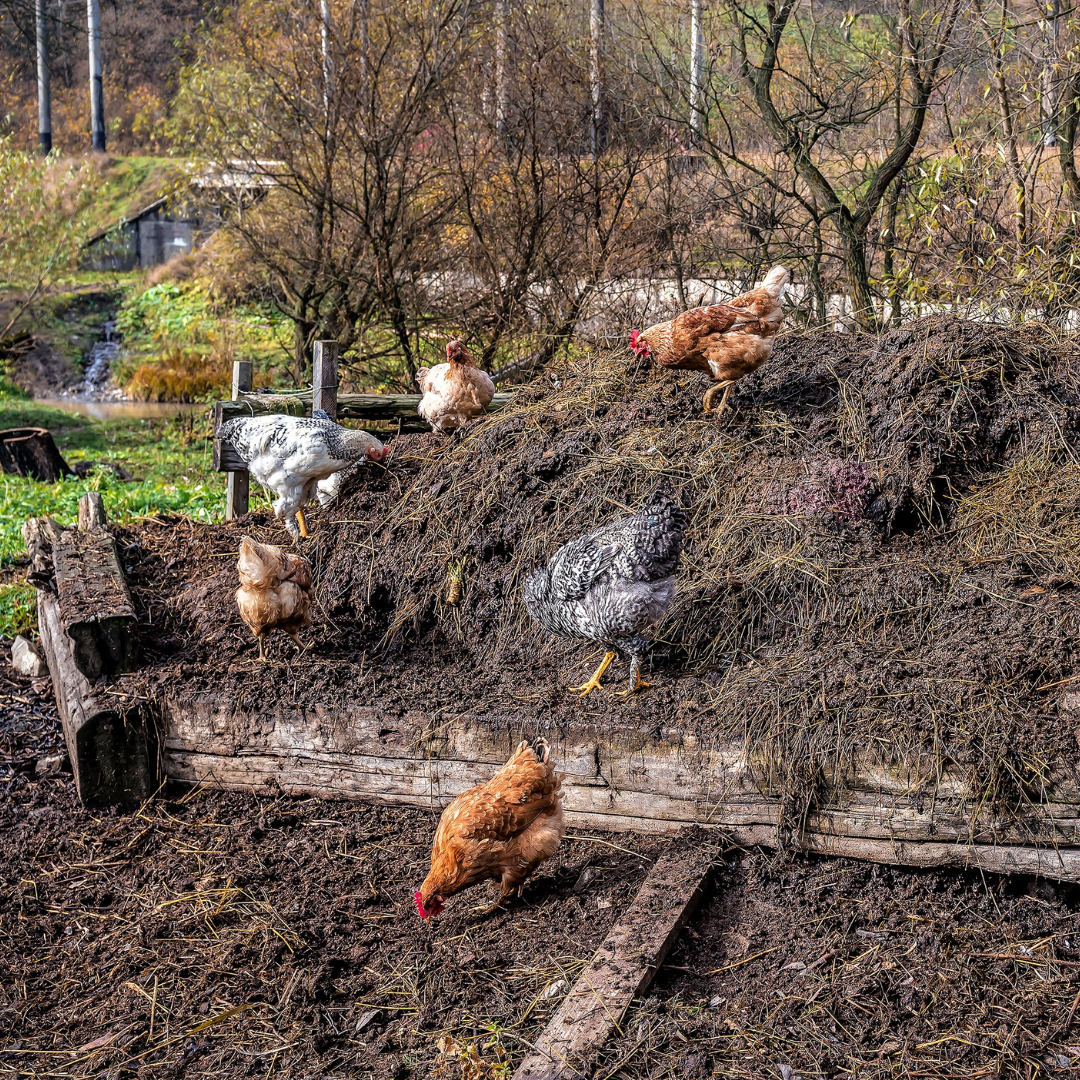Sustainable Living with Pet Chickens
Back to blog
Chickens not only make great pets, they also contribute to a more sustainable lifestyle. In this day of $4.00 a gallon gas and an economy predicated on low fossil fuel prices, there's a trend starting to take root. Call it green living. Call it self sustainability. Call it tree-hugging. Whatever you call it, more and more people want to be more connected to nature, where things come from and how things are made. We are passengers of this planet and as of right now, we don't have another good alternative home, so we all need to start taking better care of it.
In addition, I don't like being at the mercy of some large corporation that's decided what's best for their rich shareholders and not the customers that keep them in business. My heating oil company "rewards" me for buying hundreds of gallons of oil before the winter season even starts so that I can be "protected" from price fluctuations (Katrina etc.) Why should something so essential - heating our homes - be so susceptible to variables out of our control? Keeping backyard chickens take us one step closer to living sustainably. I'll describe the micro-ecosystem that our 9 chickens supply to help us live more "green".

In the fall, another great way to add "brown" to your compost pile is to throw leaves that have fallen from the trees into your chicken run. They'll love picking through them to find tasty bits and in the process they'll shred them down. Our flock of 9 chickens can easily shred down a few yards of leaves in just a couple of days. Add those shredded leaves directly to your compost pile, or directly to winter flowerbeds where it'll help keep the ground a constant temperature and will compost down to add nutrients directly to the beds come spring.
The "black gold" that results from composting can be added in the spring to your garden. It fertilizes your soil and helps prevent erosion. Anyone who has worked with compost in their gardens can attest to how much larger, more robust and more flavorful the resulting food is. The black gold can also be sprinkled on your yard so you can avoid using harsh chemical fertilizers which in most cases comes from petroleum products and can lead to algae blooms. (Just remember, though, that you should not eat foods fertilized with "fresh" chicken poo. If it's not composted first some of the bacteria from the poo can transfer to the food you eat and make you sick.)
Other ways chickens can help you live more "green": rather than throwing table scraps and vegetable extras into the garbage, put them into the chicken run. Your flock will love picking through them - and the eggs they give you will be even better as a result. If you can, let your chicken free range. They'll eat bugs, worms and weeds. Not only will this reduce the need for nasty "turf builder" type products that are terrible for the environment, but it'll decrease the amount of feed your flock requires and therefore cost you less! This will also make for better tasting and healthier eggs.

This sytem has one main cycle and a few smaller/subcycles.
- Vegetarian* table scraps** and food prep to into the chicken run.
- Our flock of 9 chickens eat the scraps along with bugs, worms and greens.
- Chicken manure & pine shaving are collected from the coop.
- Manure & pine shavings are added to the compost along with water and addition "brown" items.
- Compost is added to vegetable garden† and flower bed as natural, organic fertilizer.
- Vegetables are grown for the dinner table.
Some smaller cycles:
- Chickens lay fresh organic eggs that are used in meals, but the egg shells can be ground up and added to the compost pile.
- Nonedible garden and flower bed greens can be added directly back into the compost pile.
- Compost is used to fertilze the lawn.
- Lawn clippings and fall leaves are added to the chicken run.
- The chickens scratch through the clippings and leaves eating bugs and greens.
- Collections from the run are added to the compost pile.
| * | If you're planning on using the compost for a vegatible garden we recommend staying away from giving your chickens meat as using manure from a carnivore/omnivore can contain dangerous pathogens. |
| ** | Avoid potato skins as they can make your chickens sick. Also, onions and garlic can flavor your chickens eggs.Add them sparingly. |
| † | As with any compost pile, making sure the temperature gets high enough to killharmful bacteria and pathogens is highly recommended. |
| ‡ | grass is very high in nitrogen so be sure to mix it with a lot of "brown" carbon material like pineshavings or dead leaves. |



